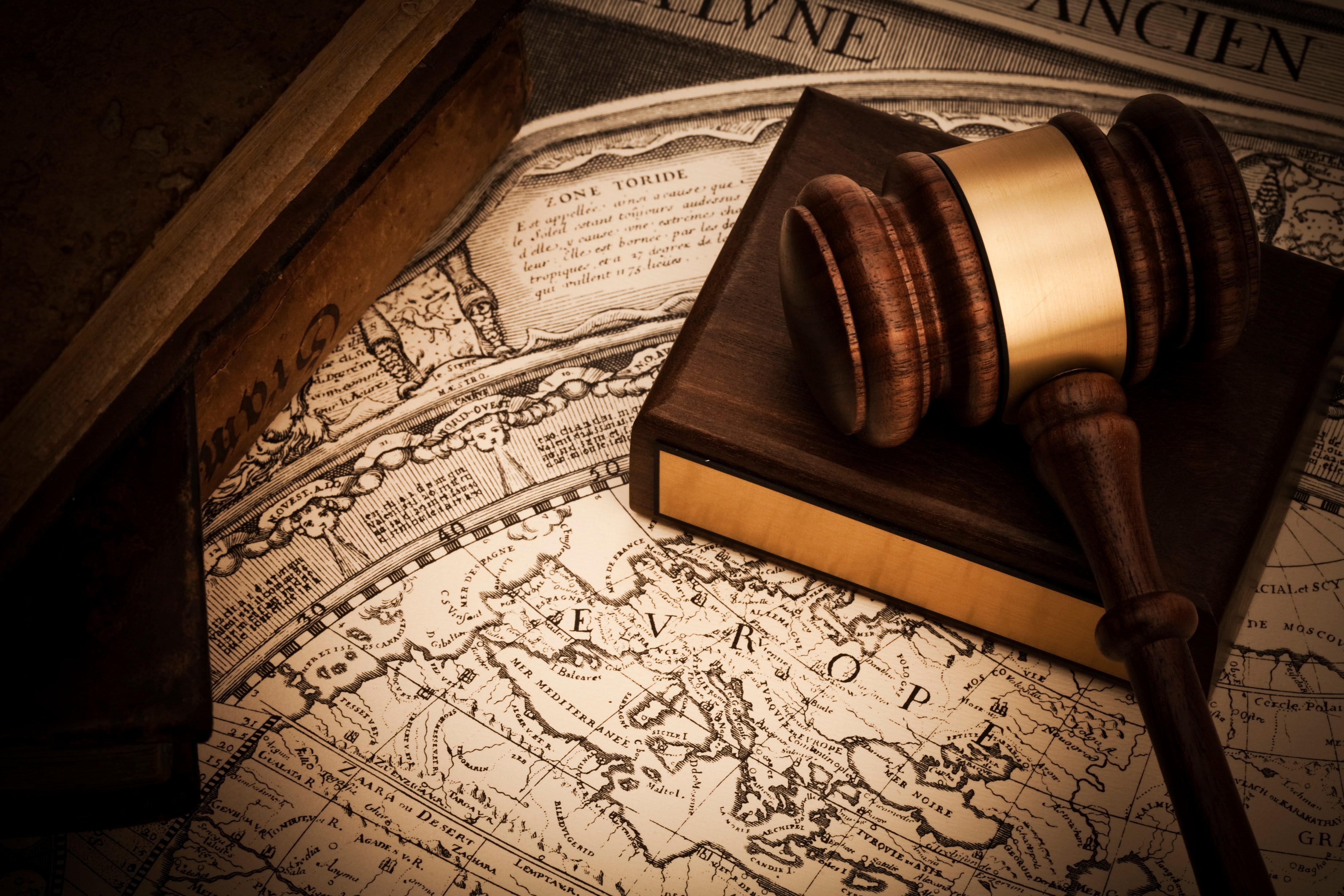Introduction
Law is the cornerstone of any just and orderly society, providing a framework for governing individuals, organizations, and governments. It serves as a system of rules and regulations that guides human behavior, safeguards rights, and ensures accountability. In this article, we will explore the significance of law, its essential functions, and its role in maintaining peace, justice, and social order.
Key Functions of Law
- Regulation of Behavior: Law establishes a set of rules that govern human conduct, defining what is acceptable and unacceptable behavior in society. It provides a framework for resolving conflicts and disputes.
- Protection of Rights: Law safeguards the fundamental rights and freedoms of individuals. It ensures that people are treated fairly and that their rights to life, liberty, property, and due process are upheld.
- Establishment of Order: The legal system helps maintain social order and stability by providing a structured framework for the resolution of disputes and conflicts. It enables individuals to seek remedies for injustices through peaceful means.
- Accountability: Law imposes accountability on individuals and organizations. It establishes consequences for wrongful actions, discouraging behavior that may harm others or disrupt society.
Significance of Law
- Justice: Law is integral to the concept of justice. It ensures that individuals are treated fairly and equitably, and that wrongdoers are held accountable for their actions.
- Social Harmony: By providing a framework for resolving disputes, law contributes to social harmony. It offers a peaceful means of addressing conflicts, preventing the need for vigilantism or revenge.
- Economic Stability: Law plays a crucial role in maintaining economic stability by enforcing contracts, protecting property rights, and regulating commerce. It provides the foundation for a thriving business environment.
- Limiting Government Power: Constitutional and administrative law serve to limit government power and protect citizens from arbitrary government actions. This ensures that governments are accountable to their citizens.
Sources of Law
- Legislation: Legislation is the primary source of law in many legal systems. It is created by elected representatives in legislatures and defines the rules that citizens must follow.
- Common Law: Common law is a system of law that relies on judicial decisions and precedents. It is a significant source of law in countries with common law traditions like the United Kingdom and the United States.
- International Law: International law governs relations between nations. It includes treaties, conventions, and customary practices that set rules for diplomacy, human rights, and conflict resolution on the global stage.
- Constitutional Law: Constitutional law is the highest form of law in many countries, including the United States. It defines the structure of government, the distribution of power, and fundamental rights.
Challenges and Ethical Considerations
- Evolving Society: Law must continually adapt to an evolving society, addressing new challenges and technologies while preserving essential principles of justice and fairness.
- Access to Justice: Ensuring access to justice for all is a significant challenge. Wlinformation , social, and cultural factors can create barriers to legal representation and dispute resolution.
Conclusion
Law is the bedrock of a just and orderly society, providing the rules and principles that guide human behavior, protect rights, and maintain peace. It serves as the guardian of justice, ensuring that individuals are treated fairly and equitably while holding wrongdoers accountable. Understanding the significance of law, its functions, sources, and ethical considerations is essential for appreciating its role in shaping and preserving the fabric of society.




